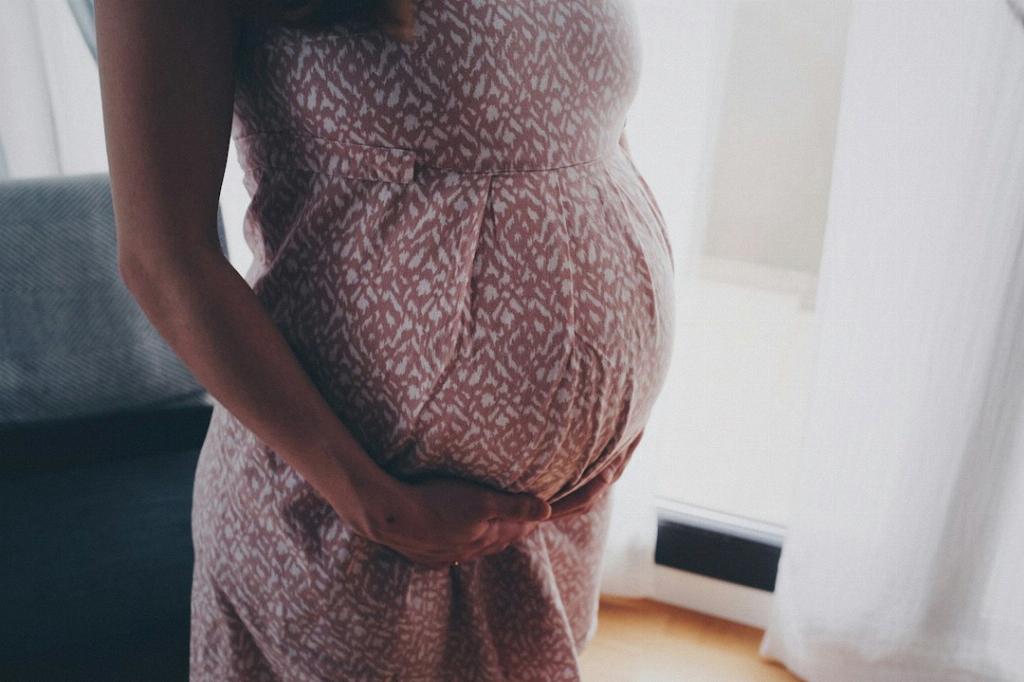When it comes to the topic of fertility and conception, many factors come into play, including diet, lifestyle, and overall health. Creatine, a natural substance found in the body primarily in muscles, has been gaining attention in the realm of fertility. Research suggests that the storage and production of creatine in the endometrium, the inner lining of the uterus, may play a crucial role in successful conception.
One important aspect to consider is that creatine is not just beneficial for men in terms of fertility but can also positively impact women who are trying to conceive. Studies have indicated that alterations in creatine levels in the body, particularly in the endometrium, could potentially affect a woman’s ability to become pregnant.
The Potential Benefits of Creatine Supplementation
While further research is needed to fully understand the extent of creatine’s role in fertility, preliminary findings suggest that adding creatine supplements to one’s diet could offer advantages to couples aiming to conceive. By boosting creatine levels through supplementation, both men and women may improve their chances of successful pregnancy.
Creatine supplements, commonly used by athletes and fitness enthusiasts to enhance muscle strength and performance, could also have a positive impact on reproductive health. The potential benefits of creatine supplementation in the context of fertility highlight the importance of exploring alternative approaches to improving reproductive outcomes.
The Influence of Creatine on Reproductive Processes
Considering the intricate processes involved in conception, it is essential to examine how creatine may influence reproductive functions at a cellular level. Research indicates that creatine plays a role in energy production within cells, which is crucial for various physiological processes, including those related to fertility.
The impact of creatine on mitochondrial function, specifically in the context of reproductive cells, underscores its significance in supporting optimal reproductive health. By supporting energy metabolism and cellular function, creatine may contribute to creating a favorable environment for conception and early embryo development.
Optimizing Fertility through Dietary Choices
As we delve deeper into the potential benefits of creatine for fertility, it becomes evident that dietary choices can significantly influence reproductive outcomes. Including creatine-rich foods in one’s diet, such as red meat and fish, may offer a natural way to enhance creatine levels in the body.
For individuals looking to boost their creatine intake further, supplementation could be a viable option. By ensuring adequate creatine levels through dietary sources and supplements, couples may enhance their fertility prospects and increase the likelihood of successful conception.
Considering Individual Factors in Creatine Supplementation
While creatine supplementation shows promise in supporting fertility goals, it is essential to consider individual factors when incorporating it into one’s routine. Consulting with a healthcare provider or fertility specialist can provide personalized guidance on the appropriate dosage and duration of creatine supplementation.
Factors such as existing health conditions, medication use, and overall dietary habits should be taken into account when determining the suitability of creatine supplementation for fertility purposes. By approaching creatine supplementation thoughtfully and under professional guidance, individuals can optimize their chances of conception.

